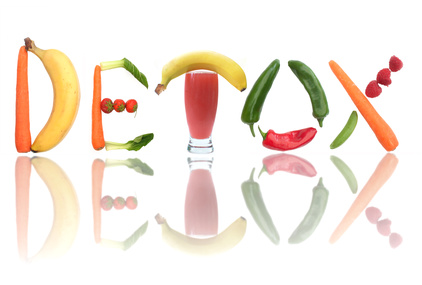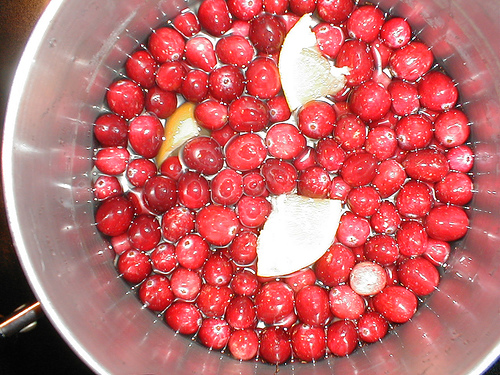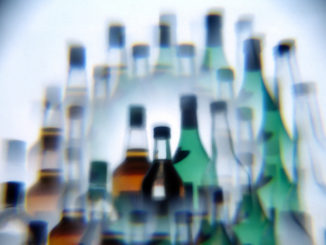
by Sharica Brookins, MD, FASN

What is Detox?
Detox, short for detoxification, is the process of removing toxic substances from the body. Toxins can be ingested from an external environment, or be produced as end-products of a chemical reaction from an internal environment.
Whether they come from harmful substances, nutrients or natural reactions of metabolism, the body is constantly exposed to toxic substances. Therefore, it is designed to naturally get rid of toxic substances, or detox.
There are various organs that are responsible for this process. One organ that serves a key role in detox is the kidney. The average person is born with two kidneys located in the mid-back. The kidneys have the ability to alter toxic substances and purge toxins from the body as urine.
Urine is the by-product of metabolism and can be an indicator of an internal disturbance. This is why, as clinicians, we are able to measure specific metabolites and toxins in the urine during an evaluation for drugs, acute and chronic illnesses.
How Do the Kidneys Detox?
Ketonuria, the identification of ketones in the urine, is a sign that ketones present in the blood are being cleared by the kidneys. This is the basis of monitoring in a ketogenic, also known as, a keto diet. This type of diet is high in fats and low in carbohydrates. This ultimately can yield ketones, a by-product of fat metabolism, that can be toxic if not cleared by the kidneys.
There are 3 main macronutrients that the body processes during metabolism-fats, proteins and carbohydrates. Carbohydrates are a primary source of energy, but if they are low in quantity due to a restricted diet, the body will use fats as the next source of energy.
Fats get broken down into ketones similar to a long chain that is broken into short segments. As a long-term diet, albeit not recommended, high fats could lead to a large production of ketones that could potentially exceed its excretion by the kidneys. This can be fatal and is also seen in diabetic ketoacidosis where extremely high blood sugars and dehydration lead to an overwhelming production of ketones.
On the other hand, according to a historical review of the ketogenic diet in Epilepsia, this diet results in a state of ketosis that has been known to be helpful in children with refractory seizures since the 1920s.
How do Detox Supplements Work?
The removal of ketones and other toxic substances from the blood is a concerted effort between the kidneys and other organs to provide a natural detox. Are there other ways to improve the efficiency of the body’s natural detox with supplements?
The advertisements for detox supplements make claims to purify the kidneys and enhance their ability to clean the blood. But how true are the claims?
In 2015, the Journal of Human Nutrition and Dietetics published a critical review of literature about detox diets and their role in toxin elimination. Although, it has not been reported that detox supplements are harmful, there is also a lack of evidence regarding its efficacy in humans.
If you were taking a detox product wouldn’t you want to know that it was working? There are no blood and urine tests that will enable someone to know if a detox supplement did its job. There are no randomized controlled trials in humans on the effectiveness of detox products.
People will say that these products simply make them feel better. Should this be enough to justify spending your money consistently on products without proof? Discuss the risks and benefits of starting a new supplement with your physician or pharmacist.
How to Promote a Healthy Kidney?
Some key factors to supporting kidney health are a well-balanced diet and hydration. A balanced and nutritious meal should include fresh fruits and vegetables, non-red meat and unprocessed grains.
The top 2 causes of kidney disease in America are diabetes and high blood pressure. These are two chronic conditions, that if they are controlled by diet modifications and medications, the risk of progression of chronic kidney disease can be slowed down. We truly are a product of we eat.
As kidney function declines so does its ability to clear toxins from the blood. This is a hallmark indicator of starting hemodialysis. Screenings for kidney disease include blood and urine tests initially performed by primary care providers.
Early signs of kidney disease are high blood pressure and protein in the urine. Kidney disease is a silent disease which means that it can go unrecognized without symptoms. So be very mindful of detox supplements that you take with claims for better kidney health.
 (Sharica Brookins, M.D., FASN is a Board-Certified Nephrologist & CEO at Remote Renal Care. Dr. Brookins has been licensed and practicing in Georgia for 4 years. As a young physician in her field she is passionate about innovation in the delivery of kidney care. Remote Renal Care is a telemedicine-only kidney practice that offers services throughout all of Georgia. Dr. Brookins is a published author in the peer-reviewed medical journals and digital media. She enjoys being a mommy of 2, cooking and crafting.)
(Sharica Brookins, M.D., FASN is a Board-Certified Nephrologist & CEO at Remote Renal Care. Dr. Brookins has been licensed and practicing in Georgia for 4 years. As a young physician in her field she is passionate about innovation in the delivery of kidney care. Remote Renal Care is a telemedicine-only kidney practice that offers services throughout all of Georgia. Dr. Brookins is a published author in the peer-reviewed medical journals and digital media. She enjoys being a mommy of 2, cooking and crafting.)




